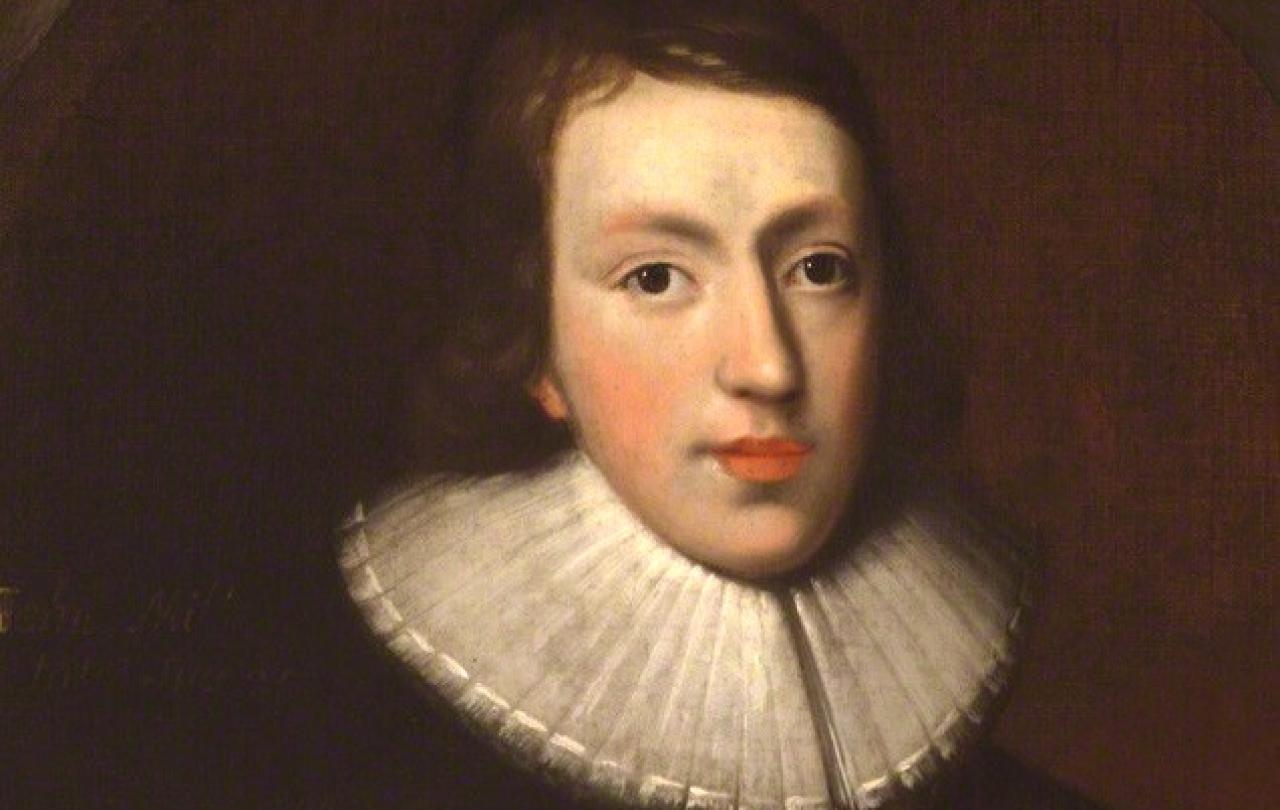
In his meditation on nature, The Peace of Wild Things, the agrarian poet Wendell Berry writes: ‘When despair for the world grows in me… I come into the peace of wild things who do not tax their lives with forethought.’ The despair Berry describes sounds a lot like climate anxiety, the fear or worry about the environmental doom that more and more people are feeling, because anyone who has understood recent climate and biodiversity trends has been burdened with forethought on behalf of wild things. It’s a forethought that can lead very easily to despair. Only last month, the IPCC (Intergovernmental Panel on Climate Change) issued its most serious warning yet about irreversible levels of global heating and the catastrophic impacts the world is facing without drastic action to address climate breakdown. Secretary-General of the UN António Guterres issued this warning: ‘Humanity is on thin ice – and that ice is melting fast… In short, our world needs climate action on all fronts -- everything, everywhere, all at once.’
While climate change is often seen as a modern political issue, the question of how to understand or adapt to changes in the natural world, and failures to do so, is not unique to the last century. In fact, it’s foundational to all of history, so argues historian Peter Frankopan in his new book The Earth Transformed. Frankopan charts a path from the dawn of time through development of human civilisation and empire up to the making of the modern world asserting that underpinning everything that has ever happened (ever) is a central relationship of transformation. The natural environment shaped the development of human civilisation and humanity has ‘expanded, colonised, reproduced, created and dominated’, but also ‘destroyed, devastated and exterminated’, the natural landscape.
Frankopan shows how environmental fluctuations and changes have shaped the course of history. For example, he tells the story of how a ‘mighty civilisation’ folded in on itself in the face of environmental catastrophe. Around 2253 BC Naram-Sin ruled over the Akkadian empire (in Mesopotamia in modern Iraq) during which ‘The Curse of Akkad’ grips the empire. Said to be a divine judgement of Naram-Sin’s rule and ‘insulting behaviour’, the curse was a period of drought and crop failure, leading to price inflation, mass death and political chaos. Climate data shows that what actually happened was an ‘evaporation event’ leading to drought impacting most severely areas that were ecologically sensitive and having such a ripple effect as to prompt what one scholar called a ‘Dark Age’ of ecological collapse and political instability. Frankopan notes, ‘changes in climate had brought about nothing less than the collapse of the Akkadian empire.’
The Earth Transformed places human beings within a wider context of all creation, not only transforming the natural world but being shaped and transformed by it. In fact, human beings are like ‘rude guests’ who arrive late, cause havoc and destroy the house to which they have been invited. We are a new and late arrival in the grand scheme of history and yet our impact on the natural world has been substantial and has pushed scientists to the point of questioning the long-term viability of human life.
However, we are not alone in transforming the world around us; nature is not a passive force but actively ‘involved in the process of change, adaptation and evolution, sometimes with devastating consequences’. And so, Frankopan insightfully illustrates how nature underpins everything that makes our lives possible. It’s not simply that environmental factors are actors in the story of our species, they ‘provide the very stage on which our existence plays out, shaping everything we do, who we are, where and how we live.’ And yet, we are living on the edge of our means and are dependent on ‘everything to go right and with little margin of error for things to go wrong.’
The book closes with this harrowing warning that ‘it would be nature, rather than human action, that ultimately brings net emissions towards zero’ through ‘catastrophic depopulation, whether through hunger, disease or conflict’. With fewer people on the planet to use up the earth’s resources by burning fuel, cutting forests down or tearing minerals from the ground, the carbon footprint of humanity would plummet, and we would get closer to a ‘lush paradise of our fantasised past’. Frankopan concludes: ‘Perhaps we will find our way back there through peaceful means: a historian would not bet on it.’
It’s somewhat of a cliche to say that those who forget history are doomed to repeat it and yet Frankopan’s book shows how if we don’t take the capacity of nature and the climate to transform us we are not just doomed to repeat ourselves, but, well, doomed. Published in the same month that the IPCC has issued its final warning on 1.5 degrees, The Earth Transformed presents both a fascinating and essential lens to view history through in such a time as this.
The Earth Transformed: An Untold History by Peter Frankopan is published by Bloomsbury.






